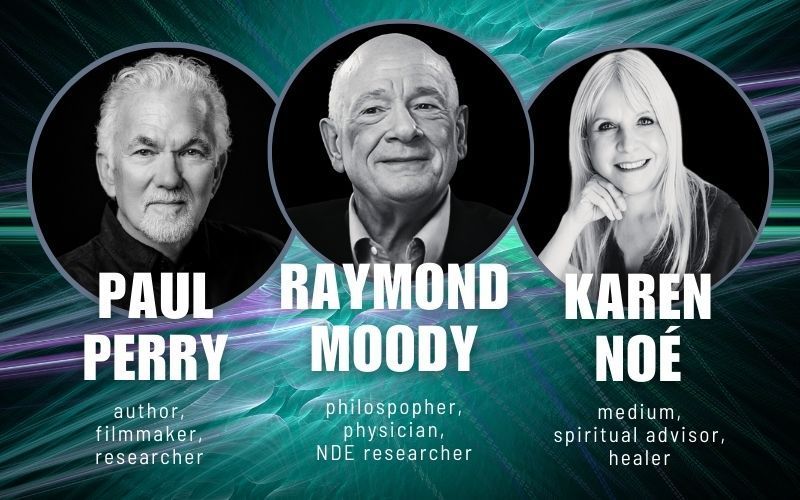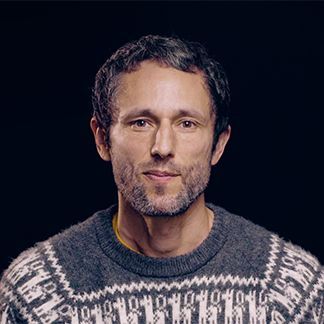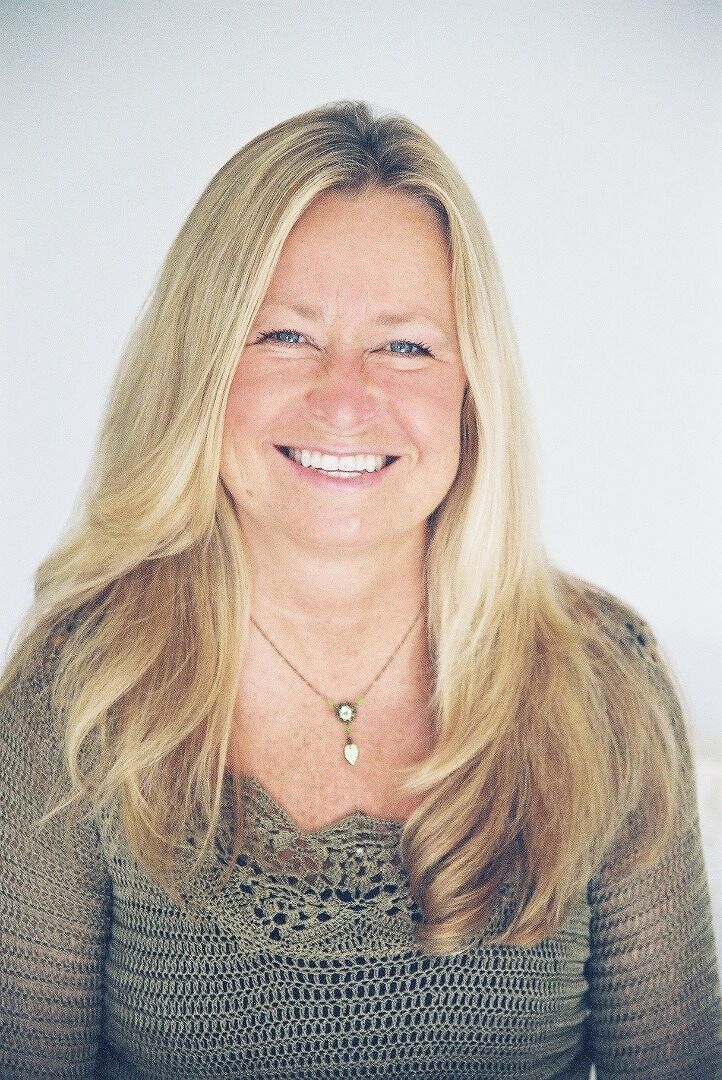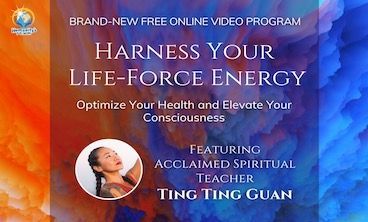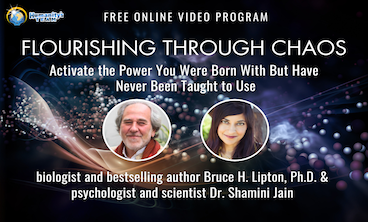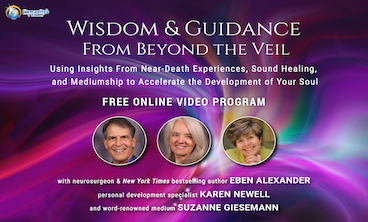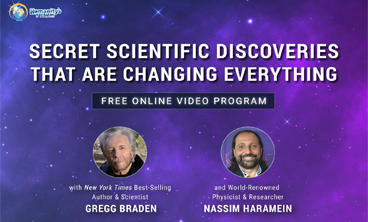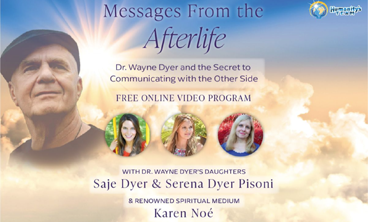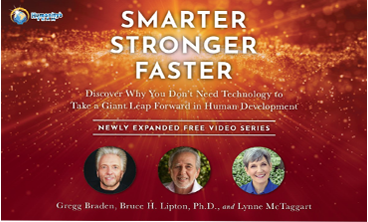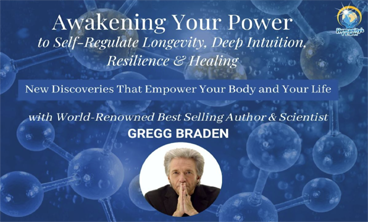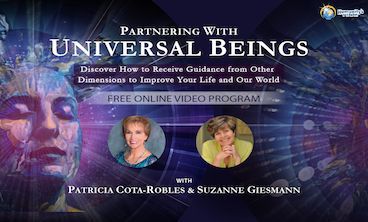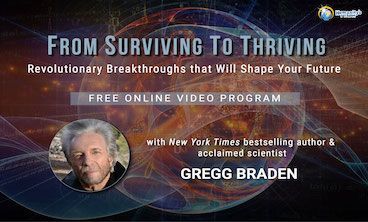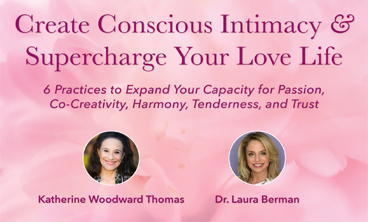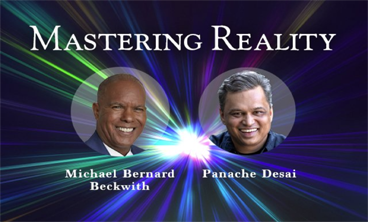
How to Use Radical Forgiveness
Radical Forgiveness is a powerful concept and process that can help individuals release deep-seated resentment and find peace within themselves. Unlike traditional forgiveness, which often focuses on understanding or justifying why the other person acted as they did, radical forgiveness concentrates on releasing the emotional burden carried by the person who is forgiving. This practice, developed by Colin Tipping, stems from the idea that harboring negative emotions doesn't serve anyone; it keeps the individual stuck in a cycle of pain, suffering, and energy depletion.
Consciousness plays a critical role in forgiveness, especially of the radical kind. When we are conscious, we are fully aware of our thoughts, emotions, actions, and their greater implications. This heightened awareness gives us the space to choose how we react to life's challenges, including the actions of others. Living consciously allows one to see the interconnectedness in life and the innate Oneness that we all share. In this space, forgiveness isn't just an isolated act but a part of a larger cycle of healing and spiritual growth. It becomes an offering not just to the other person but also to the Universe, acknowledging the imperfections that make us all human. With consciousness, forgiveness transforms from a duty or a forced act to a natural flow of love and acceptance, washing away the sediment of past pains and opening the door to new possibilities.
So, how do we practice radical forgiveness? Here are some steps to consider:
- Self-Awareness
Become aware of the emotions you're harboring. What feelings come up when you think of the person or situation you want to forgive? Begin by acknowledging your pain and the emotions surrounding the situation that requires forgiveness. Allow yourself to feel the anger, sadness, or frustration without judgment.
- Introspection
Ask yourself why you're holding onto these emotions. Often, the real pain isn't in the act but the stories we've built around it. Dismantling these stories can remove the emotional charge. Reflect on the story you have created around the hurtful event. This narrative may be influenced by your beliefs, perceptions, and past experiences. Recognize that the story is only one perspective, not an absolute truth.
- Detachment
Separate yourself from the emotion and the event, viewing it as if you're an observer. This will give you a clearer perspective, helping you understand that everyone is a part of the grand tapestry of life, and they act according to their own level of consciousness and understanding. Radical Forgiveness involves shifting from a victim mentality to a spiritual perspective. Consider the possibility that the event was meant to happen as part of your soul's journey for growth and learning.
Let go of blaming yourself or others for the pain you experienced. Understand that all parties involved were playing roles to help you learn valuable lessons or experience healing.
- Affirmation and Visualization
Use positive affirmations and visualizations to replace negative thoughts. Imagine filling the void left by the negative emotions with love, understanding, and warmth. Take responsibility for your role in co-creating the situation. This doesn't mean blaming yourself, but rather recognizing that you have the power to choose how you respond to events.
Offer yourself compassion and understanding as you go through the forgiveness process. Recognize that it is okay to feel a range of emotions and to take your time in healing.
As you progress in your forgiveness journey, focus on the lessons and growth that have come from the experience. Cultivating gratitude can help shift your perspective and bring about healing.
- Offering
Now, mentally or verbally offer this forgiveness to the person or situation. You don't have to say it to them directly; this is for you, to free you. Forgiveness can be challenging, especially for deeply rooted wounds. Consider seeking support from a therapist, counselor, or support group to guide you through the process.
Forgiving does not mean allowing harmful behavior to continue. It is essential to establish healthy boundaries to protect yourself from future harm.
- Reflection
After you've gone through these steps, spend some time in reflection or meditation. Observe any shifts in your emotions or thoughts, and be open to receiving insights or wisdom.
- Continuous Practice
Forgiveness is an ongoing process, and it may take time to fully heal. Continue practicing Radical Forgiveness whenever new wounds arise or when you find yourself holding onto past resentments. This practice is not a one-time act but a lifelong process. The more you do it, the easier it becomes to maintain a state of grace, compassion, and love.
Conclusion
Remember, Radical Forgiveness is a personal journey, and everyone's experience with it will be unique. Be patient and gentle with yourself as you navigate the path to healing and freedom.
Overall, the power of Radical Forgiveness lies in its ability to facilitate deep healing, personal growth, and a sense of peace that extends to various aspects of an individual's life. It's a process of liberation, empowering individuals to live more fully and authentically, free from the shackles of unresolved pain.
If you find it challenging to go through this process on your own, consider seeking support from a therapist, counselor, or participating in a Radical Forgiveness workshop or support group.
Answer the Profound Questions of Who You Are and Why You're Here.
Share this post!
LATEST BLOGS




FREE PROGRAMS
LISTEN TO ONE OF OUR RECENT PODCASTS
Sign up now so you never miss a blog post, podcast,
or free event with Humanity's Team!


